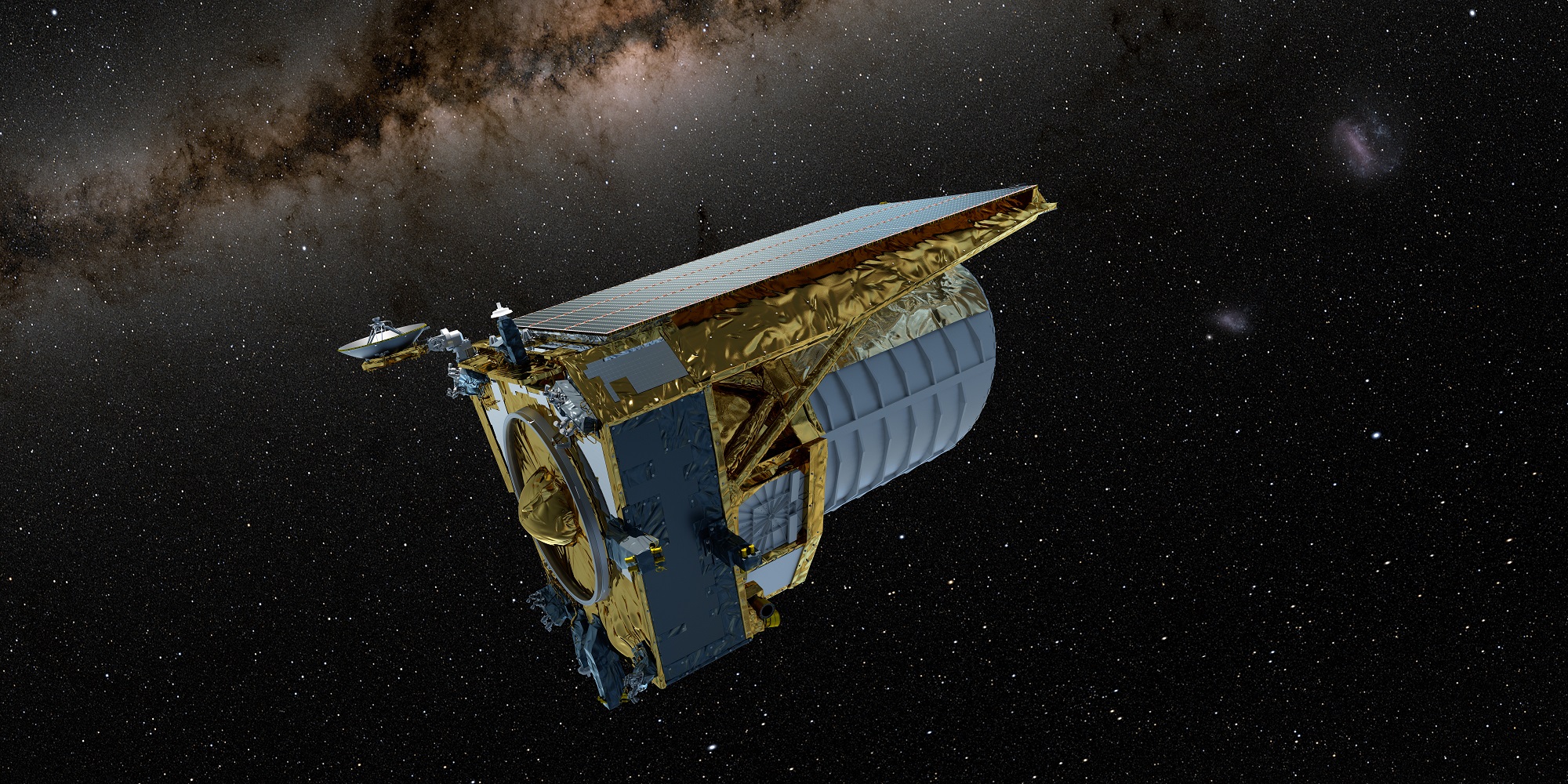On July 1st, 2023, the European Space Agency (ESA) launched the Euclid Observatory, a mission that will spend the next six years investigating the composition and evolution of the Universe. In particular, Euclid will observe how the Universe has expanded over the past 10 billion years to test theories about Dark Energy. While fine-tuning and calibrating the telescope’s instruments in preparation for the mission’s first survey, the mission team noticed that a few layers of water ice formed on its mirrors after it entered the freezing cold of space.
While common, this is a problem for a highly sensitive mission like Euclid, which requires remarkable precision to investigate cosmic expansion. After months of research, the Euclid team tested a newly designed procedure to de-ice the mission’s optics. On March 20th, the ESA announced that the team’s de-icing approach worked (so far) and that Euclid’s vision has been restored. If the method proves successful, it will have validated the mission team’s plan to keep Euclid‘s optical system working for the rest of its mission.
Continue reading “Ice is Starting to Cloud Euclid's Optics”
